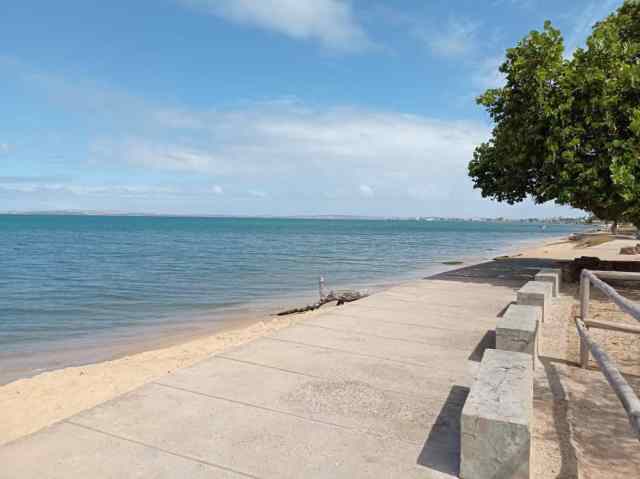
Sucre State, located in eastern Venezuela, is a region with multiple natural and historical attractions, but currently lacks conditions for the optimal development of tourism. Looking ahead to this 2023 carnival season, the regional authorities remarked that they expect to receive 28,000 vacationers, 22,000 fewer than the 2022 season.
Víctor Federico González // Correspondent lapatilla.com
The economic crisis facing the country, the failureof public services, the shortage of gasoline and insecurity, are just some of the aspects that make this region of eastern Venezuela less attractive as a tourist destination. To this one must add the little effort of the authorities of Nicolás Maduro’s regime to reverse this situation and promote this economic activity that could generate significant contributions to the Sucre State.
The presence of non-state irregular armed groups that operate throughout the state’s highways and other areas of distant municipalities is another element to consider when doing tourism in the territory of Sucre.
Beaches such as “Playa Medina” in Río Caribe (Arismendi), San Luis and Colorada (Sucre), Patilla and Copey (Bermúdez), Castillo (Cruz Salmerón Acosta), Ensenada Honda and Maigualida (Bolívar) are just some of the 121 suitable river and seaside resorts and destinations where people can enjoy Sucre’s diverse geography. However, the deterioration of the roads makes it uphill for people to go there.
The 2020 rainy season aggravated the edge failures in access roads and the destruction of both the national and urban highways.
Tourist Services In Check
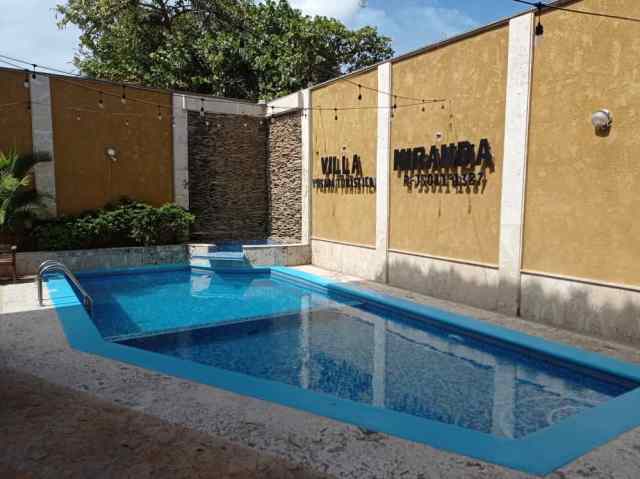
In a press conference before the carnival season, the President of the Association of Liquors (Sellers) of the Sucre Municipality (Asolicor Sucre), Oscar Lanza, warned that they are affected “in terms of services, collection of taxes and other problems specifically related to our business. I want to refer to the taxes, I call on SAMAT and the Mayor Luis Sifontes, so that they please verify the tax rates that they are applying to real estate, economic activity, and all the requirements that are demanded in order to renew our liquor sale’s license. There is a large group of liquor stores that are barely profitable as a result of the country’s situation and the competition that exists in the municipality, these stores do not have that money to cover those formal duties that we must have up to date.”
Mr. Lanza maintained that there are about 200 liquor licenses that are at risk of lowering their “santamarias” (closing their doors). This would generate the loss of more than 2,500 jobs and translates into “the non-generation of taxes now collected by Sucre’s Municipality to solve part of its problems.” “We don’t know what is going to happen with the expectation raised this carnival, even to this date we don’t know where or the schedule of the “comparsas” (parading groups), hopefully there will be no dry law,” he added in his statement.
For their part, the tourist service providers at “Playa Los Bordones” in Cumaná also denounced that they have been repeatedly “run over” by officials from different security forces that prevent them from working. The president of the Association of Service Providers in Los Bordones, Soraya Moreno indicated that “we have been abused by the police forces, call it the national police or municipal police. It is the way in which they come to evict customers, workers and partners, or anyone who is on this site. We receive no justification when they tell us that we must close, whether it be alcohol intake or noise pollution.”
Alejandra Gutiérrez, a worker in the area, added that “quite apart from the outrage, there is also concern about the jobs that could be lost if this problem is not resolved, we are people who generate more than 300 jobs, they are salaries that can be lost because the working day where we receive income they close us down. On Sundays they are letting us work only until 5:30 in the afternoon.”
Gutiérrez specified that the officials pick up the clients even if they are eating. “Where is the tourism if you run over the tourist?” She asked the regional and municipal government authorities.
Public Services Agonize
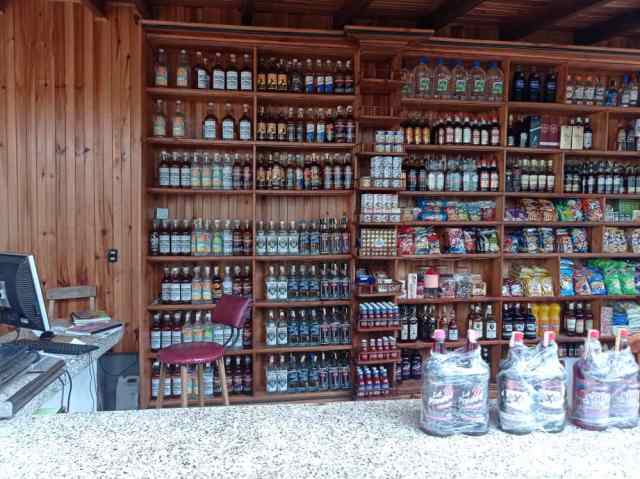
Long queues at service stations and frequent interruptions in the water and electricity service are factors that ruin the panorama during these holiday seasons and that in the short or medium term do not seem to have any solution, so they would also be problems that will also be present during the next holidays, Easter week.
Drivers from Cumaná and Carúpano, the two main cities in the region, must even spend the night queueing at gas stations in order to have access to gasoline, which makes mobility difficult for both Sucre residents and visitors. “It is an ordeal to obtain fuel for our cars, and it is difficult to move within the state, but in Anzoátegui things are not as complicated as here,” said Enrique Martínez, a driver from Cumaná consulted for this work.
Frequent water cuts in sectors of the Sucre State capital and its constant lack in other towns of the entity make it difficult for national tourists to consider traveling to Sucre to enjoy its diverse landscapes. The same situation is reflected with the electrical service.
Flights And Hotel Infrastructure In Crisis
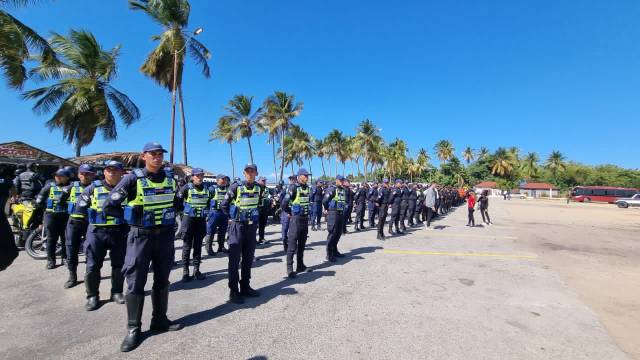
It should be noted that connectivity by air of Cumaná with the rest of the national territory is practically nil since there is only one flight to Caracas weekly, while from Carúpano there are no authorized departures, not even to the first city of the American continent.
The decline of hotels due to the lack of maintenance caused by high costs and low fluidity in terms of lodging, is another of the realities facing the tourism sector. The owners and managers of hotels and inns long for past seasons in which the occupation increased and left great contributions from national and international tourists.
Tourist Options
In the midst of the unstable “country situation” there are still people and companies that are dedicated to this area, such is the case of “Team Quinta”, an organization that is dedicated to organizing travel packages mainly to the Mochima National Park for the enjoyment of vacationers. Vanesa Benítez, director of “Team Quinta”, reported that they currently have only one package that is priced at $17, but they hope to include packages to other destinations in the region in the medium term.
Ms. Benítez asserted that those who access this tour organized for one day are guaranteed transportation (round trip), boat transfer (round trip), breakfast, oriental lunch, recreation, a welcome cocktail, photographs, and contests.
Other options are also the “Full Day” packages offered by hotels and inns that range from $5 to $10, depending on the facilities and what they offer to people. In addition, the rental of beach houses has also become an option for families with prices that go from $30 to $150 per day in this high season (the price will depend on the conditions of these places).
“Government Effort”
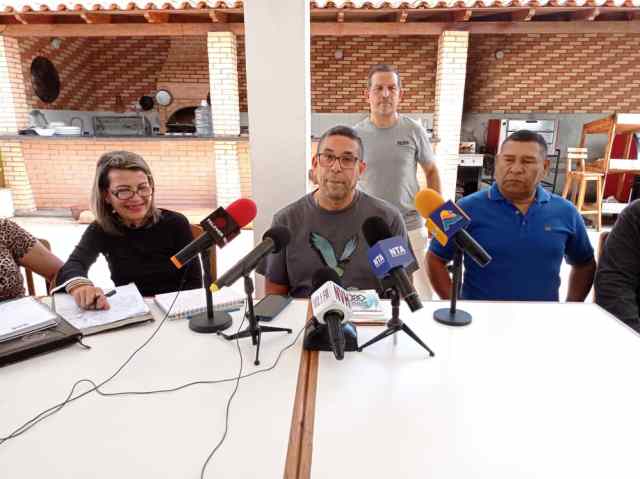
The effort of the Chavista government of Sucre and the different mayoralties that make up this region, includes a security deployment with more than 7,500 officers from different security forces, the promotion of some sports activities and the usual parades and “comparsas”.
According to Gilberto Pinto, Governor of Sucre State, there are 300 emergency vehicles including ambulances, motorcycles and tow trucks deployed to attend to any incident that occurs during the holiday. Likewise, 52 road control points were set up to supervise traffic on the main streets and avenues.
In the case of Cumaná, as of Saturday, February 18th, the activities organized by the capital’s mayor’s office began, ranging from the election and coronation of carnival queens, troupes, dances, and presentation of regional artists. This schedule runs through next Tuesday, February 21st.
In Carúpano, these same activities will be replicated and the presentation of custom car stereos and the traditional “halloween night” will also be added.

